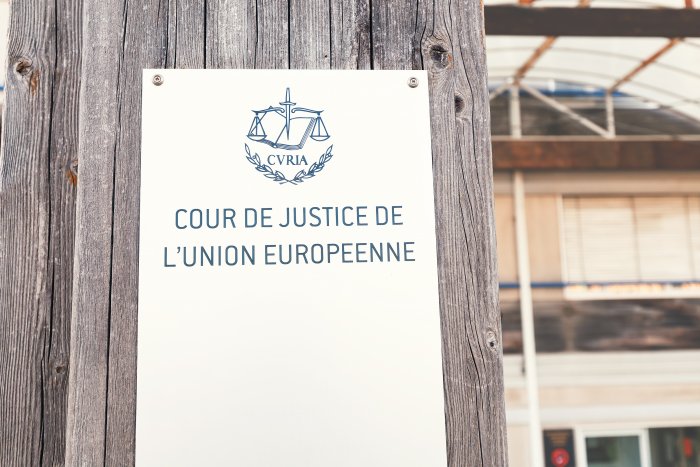Conditionality mechanism challenge should be dismissed - CJEU advisor

frantic00 / Shutterstock.com
A top advisor of the Court of Justice of the European Union (CJEU) on Thursday said a joint challenge by Hungary and Poland of a conditionality mechanism that would penalize European Union member states for rule-of-law violations that affect the management of EU funding should be dismissed., according to a report by news agency MTI.
The conditionality mechanism could cut or freeze funding for member states in which established breaches of the rule of law are deemed to compromise the management of EU monies. Hungary and Poland are seeking to annul the mechanism, arguing that it has no legal basis, is incompatible with Article 7 of the Treaty on European Union, and breaches the principle of legal certainty.
In an opinion delivered on Thursday, Advocate General Manuel Campos Sanchez-Bordona said the conditionality mechanism is not intended to protect the rule of law by means of a sanction mechanism, similar to Article 7, but safeguards the rule of law through "a financial conditionality instrument".
"The discretion of the EU institutions covers that legislative choice, which cannot be regarded as manifestly incorrect, since compliance with the principles of the rule of law may be vitally important for the sound operation of public finances and the proper implementation of the Union budget," according to the opinion.
Sanchez-Bordona also said Article 7 does not preclude the use of instruments other than those in that article to protect the rule of law.
Lastly, the advocate general conceded that the rule of law is "a broad concept" but said "there is nothing to prevent the EU legislature from defining it more precisely in a specific area of application, such as implementation of the budget, for the purposes of establishing a financial conditionality mechanism".
He noted that the conditionality mechanism references seven legal principles of the rule of law and thus "satisfies the minimum requirements for clarity, precision, and foreseeability required by the principle of legal certainty".
Justice Minister Judit Varga said in a post on her Facebook page on Thursday that Hungary's government "maintains its position" on the legal challenge and "hopes that the [CJEU] will base its judgement solely on legal arguments and common sense", not the "erroneous arguments" of the advocate general.
She noted that the CJEU is not expected to rule on the case until the end of 2021 or early 2022.
SUPPORT THE BUDAPEST BUSINESS JOURNAL
Producing journalism that is worthy of the name is a costly business. For 27 years, the publishers, editors and reporters of the Budapest Business Journal have striven to bring you business news that works, information that you can trust, that is factual, accurate and presented without fear or favor.
Newspaper organizations across the globe have struggled to find a business model that allows them to continue to excel, without compromising their ability to perform. Most recently, some have experimented with the idea of involving their most important stakeholders, their readers.
We would like to offer that same opportunity to our readers. We would like to invite you to help us deliver the quality business journalism you require. Hit our Support the BBJ button and you can choose the how much and how often you send us your contributions.







